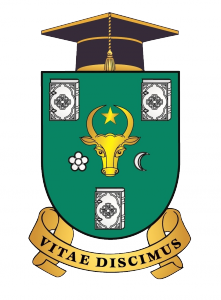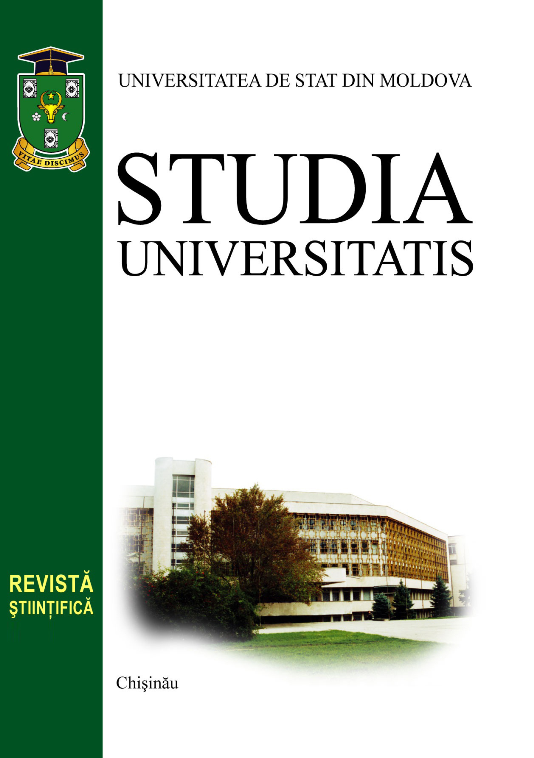TUTELA ŞI CURATELA ÎN DREPTUL INTERNAŢIONAL PRIVAT: ASPECTE COMPARATIVE
Liliana ROTARU-MASLO, Victor CARAUŞ Academia de Studii Economice din Moldova
Rezumat
The tutelage and guardianship is a free of charge and obligatory task in the virtue of which a person called tutor or guardian is required to exercise the parents’ rights and obligations with regard to an underage child, of whom parents are dead or are unable to exercise their obligations. Given the fact that we are in the presence of the international private law, therefore there are external elements which in our case may be the citizenship of residence of the underage bereaved from parents’ protection, we are willing to know which of those two laws (or more laws being in conflict) will be applied. Another question raised in doctrines and practice is to know if it is possible the institution of tutelage and guardianship upon a person located abroad the country; is it possible for a foreigner to be named the tutor or guardian for a local person; which law regulates the whole complex of the relations between the tutelage and guardianship and some aspects of them. Taking into consideration that the institution of the tutelage and guardianship are made in exclusively the minor’s under tutor’s interest it is clearly understood that tutelage and guardianship is regulated in conformity with the national child law. For the usage and exercise ability the country’s law is applied, in which the minor has the residence, the home and the goods. The documents that a minor perfects are subject to the national law, which leads the tutelage institution; forms of ability being an addition to capacity, which are subject to personal law. The system of real rights, regarding the incapable goods, are ruled by the lex rei sitae. The authorities of the state from which the child is according to the citizenship are competent for the tutelage and guardianship reasons. But in case of urgent measures that are taken, under law, are responsible the authorities who are involved. The authority who takes the measures inform the competent publics from the state where the child belongs to. If the person who needs protection has residence or some goods on the territory of the other state this could be given the competency of taking the tutelage or guardianship of the minor. Usually tutelage is under the national law because it is more favorable for the child and it is easier to correspond to national law. But sometimes it’s easier to use the law of place where the child is implanted durable – it can be the law of residence or the state which has very tight relations between them. The invocation of a far law, which the child doesn’t have any more relations, will bring only moral and material losses when the boons belong to other state except the one of the citizenship. We consider that one more measure in assuring the protection of children would be the institution as in French and Romanian model, of Council model, an institution unknown for us. So the Council has the meaning of supervising the way of how the tutor is doing his job and is respecting the laws. The measures taken of society replace the classical protection of children from their parents, tutors or guardians. These are administrative measures and are applied to all of those who need protection n the territory of the Republic of Moldova. These rules are applied to all children even if they are citizens of our state or are foreigners. Sometimes the protection works till the other state takes the responsibility. Sometimes these measures are taken till the child gets the majority even if the state tends to be involved. During the last decades we assist at the erosion of the national law principle in the field of the family in international private law. The protection of minors, which is a wide area comprising tutelage and guardianship, presents far beyond this single issue, including all the administrative regulations of child’s protection and first of all the child’s interest. The idea is found in the national and international legal acts. These laws are applied to all of those who are right now on the territory of this republic either Moldovans or foreigners. These laws have a compulsory nature.


